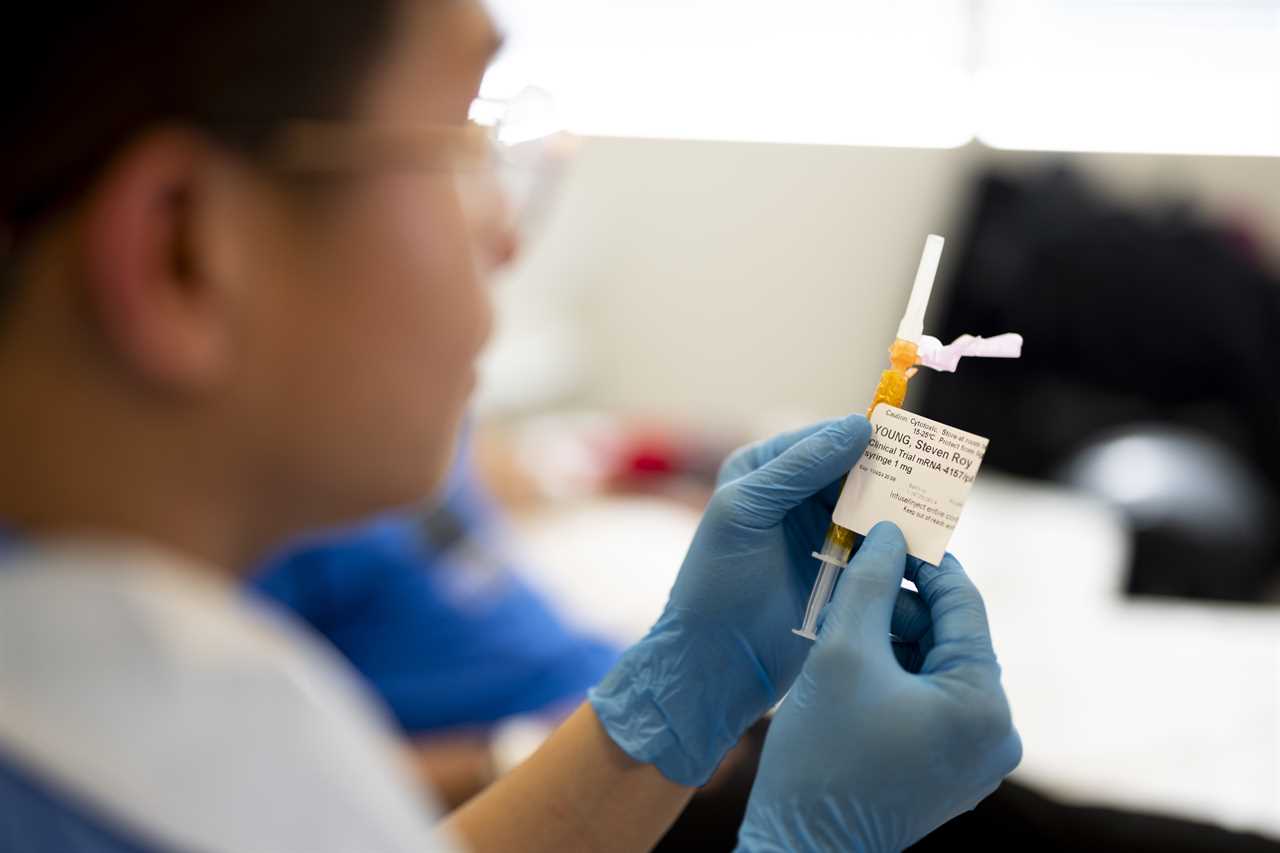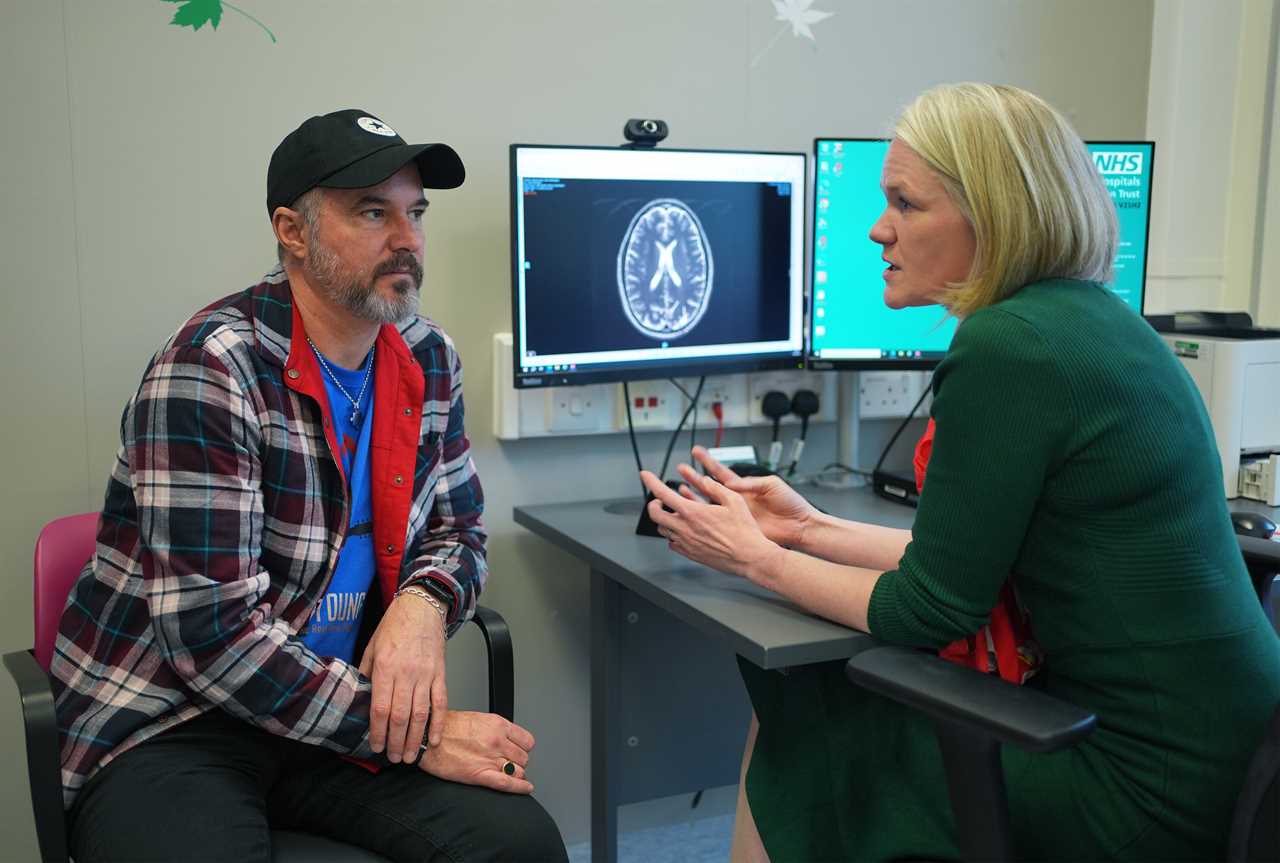
Groundbreaking Vaccine Reduces Risk of Death and Relapse
A groundbreaking skin cancer vaccine being tested on the NHS has shown promising results by potentially halving the risk of death or relapse, a recent study has found. The vaccine is part of the health service's Cancer Vaccines Launch Pad initiative, offering hope for more effective cancer treatments in the future.
Personalised Vaccines Tailored to Each Patient
The vaccine, developed by Moderna, is the first of its kind to personalize treatment for each individual patient using mRNA technology similar to the Covid vaccines. In a study involving 157 patients with stage 3 or 4 melanoma skin cancer, the vaccine showed a 49% reduction in the risk of cancer recurrence or death compared to standard treatment with pembrolizumab.
Promising Future for Cancer Treatment
After two-and-a-half years, 75% of patients who received the vaccine in combination with medication remained cancer-free, compared to 56% of those who only had the standard medication. Experts are enthusiastic about the potential of personalised cancer vaccines to revolutionize cancer treatment and improve long-term survival rates.
Excitement Among NHS Leaders
NHS leaders are optimistic about the potential of cancer vaccines and have recently launched a new system to connect patients with innovative clinical trials. Professor Peter Johnson, NHS England's cancer director, views vaccines as a significant advancement in cancer treatment, offering hope for better outcomes for patients.

Positive Results in Breast Cancer Survivors
Another study presented at the American Society of Clinical Oncology conference revealed that a different vaccine reduced the risk of relapse in breast cancer survivors. The tecemotide treatment tested on 400 women with early breast cancer showed promising results, with 81% still alive and cancer-free after seven years.
Hope for the Future of Cancer Treatment
Both studies highlight the potential of personalized cancer vaccines in improving long-term survival rates and reducing the risk of cancer relapse. Scientists and healthcare professionals are hopeful that these innovative approaches will lead to more effective and targeted treatments for various types of cancer in the future.
Did you miss our previous article...
https://trendinginthenews.com/cancer/7-signs-your-gut-health-might-be-in-trouble






